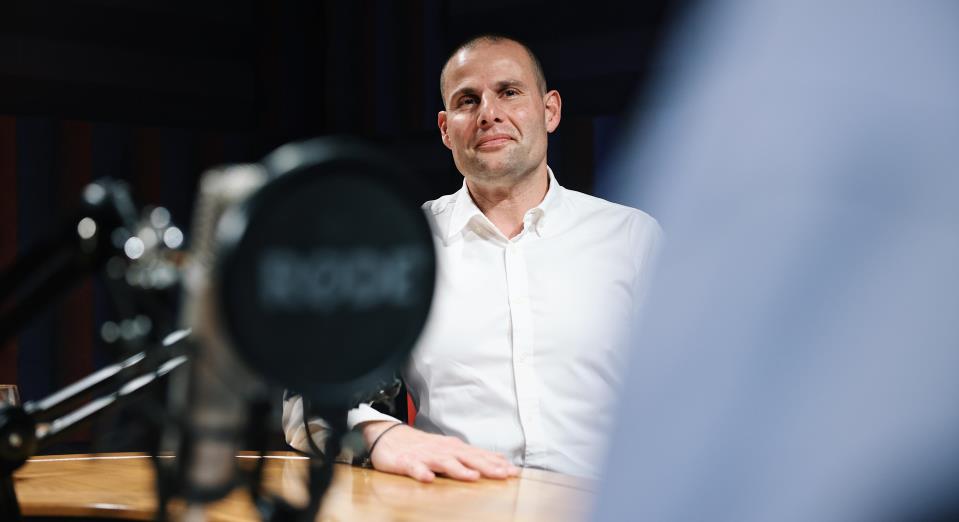
Prime Minister Robert Abela said on Sunday that Malta’s next President will be announced “at the most appropriate time,” as the incumbent George Vella’s term approaches its end.
Interviewed on party media on Sunday, Abela said that both the government and the Opposition have been involved in cordial discussions.
Without confirming whether parties have come to an agreement on who should succeed Vella – whose term ends on 4 April – he reminded that this will be the first time that the President will be chosen since a constitutional reform which meant that cross-party support was necessary for the appointment to be made.
Article 48 (1) of the Constitution, as amended in 2020, says the following: “There shall be a President of Malta who shall be appointed by Resolution supported by the votes of not less than two-thirds of all the members of the House… if the Resolution is not supported by the votes of not less than two-thirds of all the members of the House, the person occupying the office of the President of Malta shall, in any circumstance, remain in office until the Resolution is supported by the votes of not less than two-thirds of all the members of the House.”
This means that Vella’s successor will need at least a two-thirds majority in their favour in a Parliamentary vote.
Media reports last week said that Myriam Spiteri Debono, a Labour electoral candidate in the 1980s and 1990s and the first female Speaker of Parliament during the Alfred Sant administration between 1996 and 1998, was the frontrunner to succeed Vella.
Abela did not mention whether an agreement had been reached, but praised the Labour government’s courage in adopting these constitutional reforms, which resulted from the Venice Commission’s review of Malta’s rule of law standards.
The Prime Minister also spoke about his attendance at a Council of Europe summit in Brussels, where he spoke about Malta’s position when it comes to arming itself in case of an attack.
Abela was criticised by the PN for voting in favour of a European measure to substantially increase funding on defence, having spent weeks criticising European Parliament President Roberta Metsola as a warmonger and claiming that the PN wanted to send children to war.
However, Abela said that the PN must have misinterpreted the message when they said that he voted in favour of Malta arming itself, as he said that the country was the only one able to negotiate its own terms in this regard.
Abela said that he voted in favour of this proposal after it was made clear that the Malta’s neutrality would not be jeopardised.
“This is a clause we managed to acquire with confirmation from the State Advocate wherein whatever anyone else does, our position is safeguarded,” he said.
Abela also referred to a resolution this week wherein Malta, together with Spain, Slovenia, and Ireland, have decided to recognise Palestine as a state “when circumstances are right.”
He said that during the latest meeting at an EU level there was also some movement in comparison to the initial silence. He added that in the end it did not make sense for Europe to take a position in one war but decide not to discuss another one.
Abela also said that Malta was one of the first member states to promote a permanent ceasefire in the Palestine-Israeli war, “despite being advised otherwise.” He said that other countries followed.
On the high cost of living the Prime Minister said that although he is content with the decrease of inflation by 1.2%, there is still a lot more to be done.
He said that despite having been warned against the introduction of the social measure ‘Stabbilta’, around 500 establishments have signed up, where in turn 450 products have essentially been capped in price.
“The scheme has had an effect because while food prices in our country were rising, and in Europe they were decreasing, this month we saw the trend turn and the price of a number of essential items is now better priced than in Europe,” he said.
“The beauty of this scheme is that it will now offer stability.”







